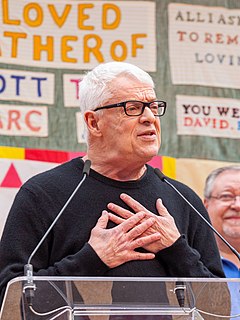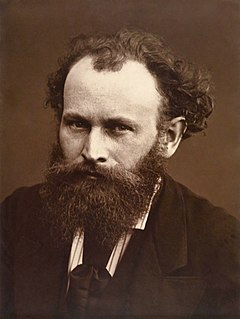A Quote by Mae Jemison
As an astronaut, you have a very defined set of tasks to do. Those tasks may require you to work 60, 70 or 80 hours a week.
Related Quotes
There are two synergistic approaches for increasing productivity that are inversions of each other:
1. Limit tasks to the important to shorten work time (80/20).
2. Shorten work time to limit tasks to the important (Parkinson's Law).
The best solution is to use both together: Identify the few critical tasks that contribute most to income and schedule them with very short and clear deadlines.
We'll work on relaxation strategies and also changing the times you go to bed will actually make them sleep a little bit less for a few nights so their body's natural sleep drive starts to kick in. That is very effective in about 60% to 70% of patients who do it, four to eight sessions, not even every week; it works for 60% to 70% of patients.
People are happiest when they're the most productive. People enjoy tasks, especially creative tasks, when the tasks are in the optimal-challenge zone: not too hard and not too easy. To some extent, that has always been true. But it becomes even more true as work becomes more about brains and creativity.
If humans are not required to earn a living to be provided survival needs, many are going to want very much to be productive, but not at those tasks they did not choose to do but were forced to accept in order to earn money. Instead, humans will spontaneously take upon themselves those tasks that world society really needs to have done.
When you work extra, you should be paid extra. That's what the Fair Labor Standards Act said. And I've met so many people who are working 60-70 hours a week, and they are effectively working 20 hours for free because they are making a little bit above the minimum wage, because the 2004 regulation enables employers to do that. That's not fair.


































